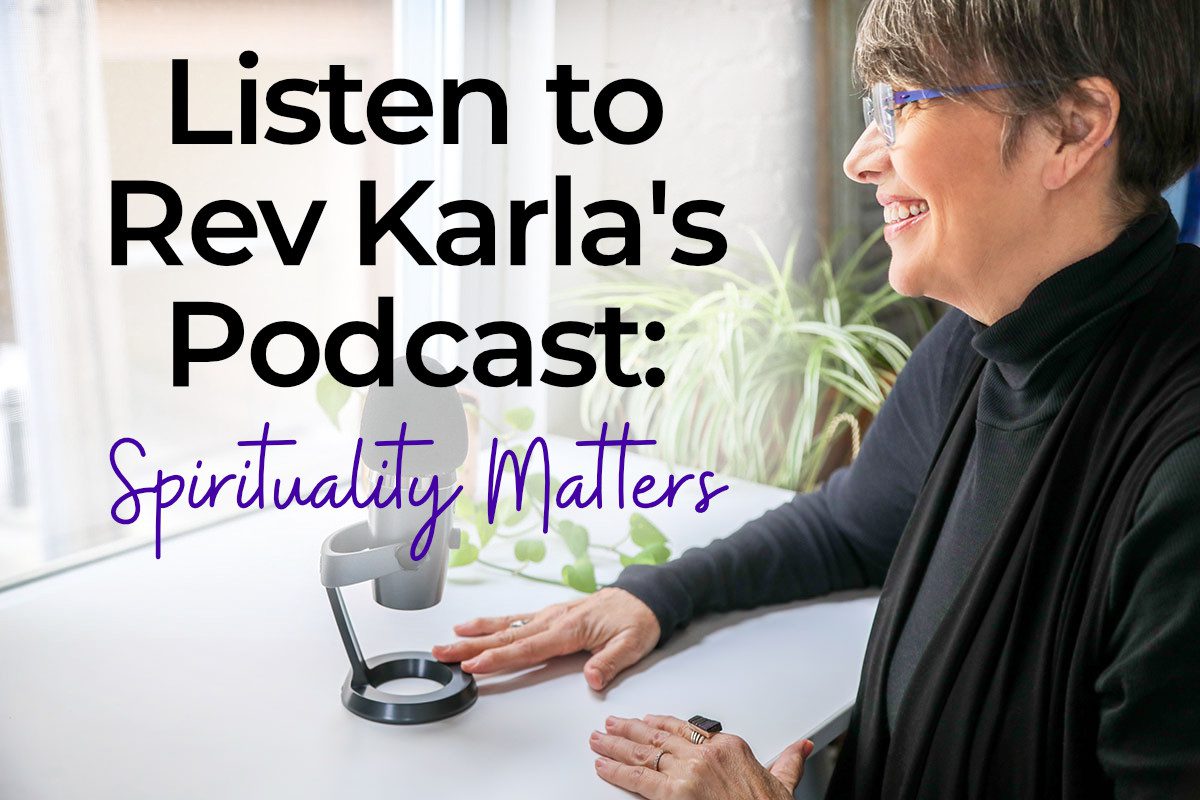When is Activism Sacred
“When...the deepest and most grounded spiritual vision is married to a practical and pragmatic drive to transform all existing political, economic, and social institutions, a holy force -- the power of wisdom and love in action -- is born.” Andrew Harvey
During my five years of studies and seminary, Andrew Harvey’s teachings resonated so deeply with me that his influence in my life continues through to today. His teachings on sacred activism are the foundation for the Institute for Sacred Activism, created for those desiring to turn their spiritual passion into action.
The force that compels one into action for the good of the whole is rooted in a longing to leave the world a better place for generations to come. It is at the heart of movements throughout the world that has launched profound and significant change. Gandhi, Martin Luther King, the Dalai Lama, Nelson Mandela, Rosa Parks and Desmond Tutu are often quoted because of the selfless work they did to fight oppressive systems and elevate the rights of people who have endured those systems throughout the years.
This type of sacred activism is easy to identify -- it is highly likely that you have heard of a few, if not all, of the individuals listed above. However, what does sacred activism look like on the local level, in your religious community, or in your home? Because while the Gandhis and the Dr. Kings of the world can influence monumental and significant change, the every day sacred activist has the ability to create momentum that moves us toward a kinder and compassionate world.
Sacred activism usually begins when you become aware of a social injustice, an inhumane existence, or something so egregiously or ethically wrong, you can no longer stay silent. It is in this moment of awakening that you have two options -- reject the calling, or move into action. Returning to sleep isn’t feasible, for it is impossible to “unknow” the plight of the hurting. Therefore, rejection is a conscious decision to move away from that which you have been called, accepting that you could contribute but are choosing not to do so.
Accepting the call to action moves you into the space of sacred activism. The hungry and neglected children, the people who are experiencing homelessness or suffering from the disease of addiction, the millions of animals in animal shelters, the stripping away of the Amazon forest or other sacred lands of indigenous people, including Native Americans, or the annihilation of entire species due to poaching are just a few of the thousands of ways sacred activism invites you to turn the desire to be connected to the Holy into Holy work of the hands.
What sacred activism isn’t is just as critical to understand as what sacred activism is. It never looks like defending a belief or governmental system that oppresses another human, and it never creates an inhumane existence for the earth’s beings. It doesn’t suffocate the earth’s resources, ignoring the fragile ecosystem that ensures life is sustainable here. Those three sentences contain a great deal to unpack, but it is where we end this writing. For just as with the call to sacred activism, work that does not elevate humanity to a more compassionate existence and the world to a kinder place cannot be called sacred. They are as polar opposites as the options facing us when we are called to sacred activism…
reject kindness and compassion for another type of worldly work is a conscious decision that is not the path of the sacred activist. There simply is no way to rationalize one for the sake of the other.
The work of the sacred activist is embodied in the words of Jesus: “Love the Lord God with all your might...and love your neighbor as yourself.” If we truly do this, then we all should be on the path of the sacred activist. Jesus’ words provide no exceptions and no excuses.
Neither should we.


